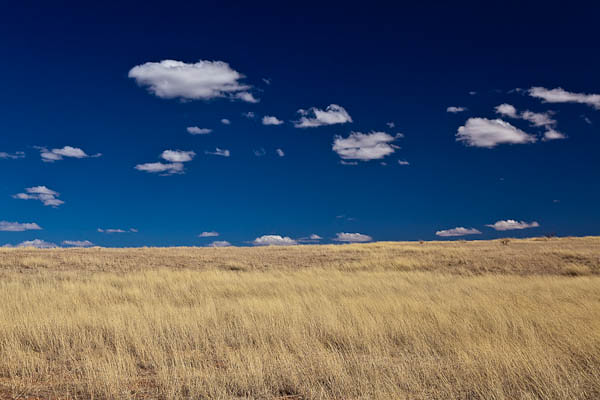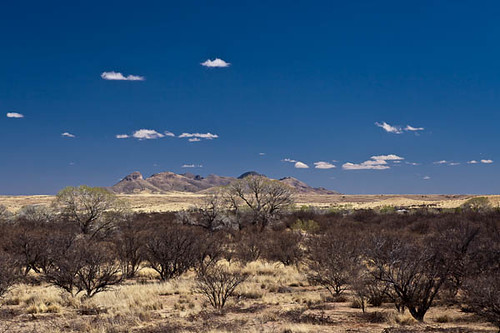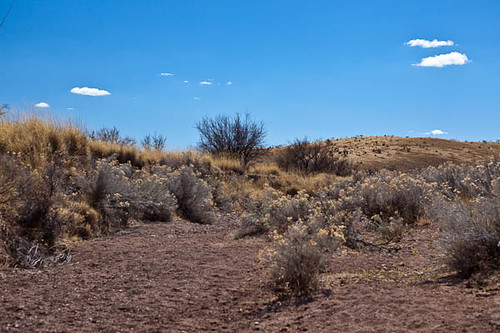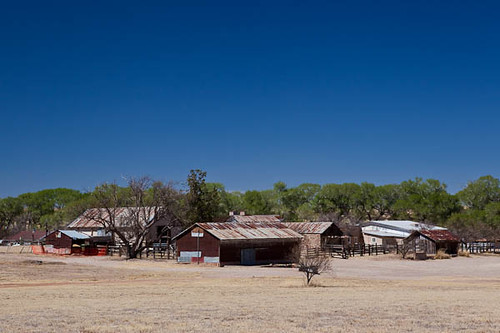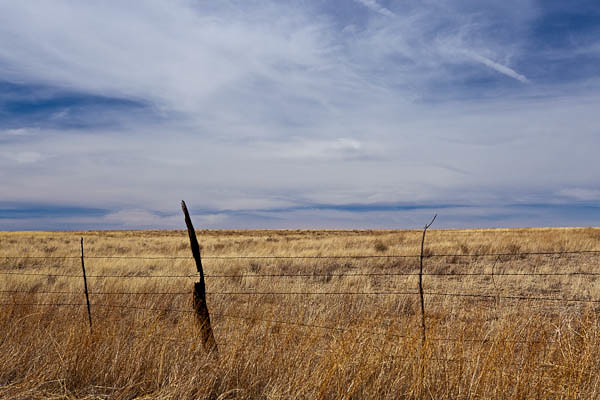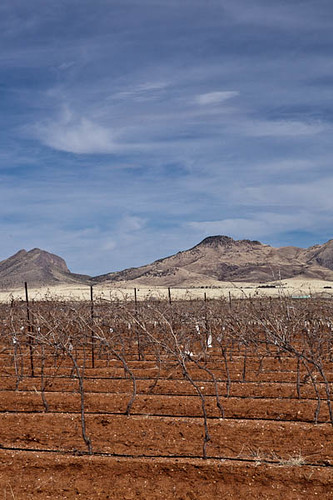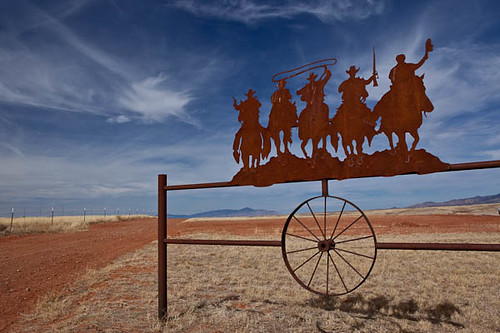I went on an “explore” yesterday. I headed east, and ended up on a narrow and dusty road, wiggled my car through a mountain pass near Madera Canyon, and crossed the Santa Rita Mountains. After an hour of driving, I ended up on the eastern side of the “Ritas”, near the town of Sonoita.
Then I saw a sign. It read “Historic Empire Ranch”. That was good enough for me. I turned and followed the road for a mile or so, eventually coming to another sign which informed me I was traveling in the Las Cienegas National Conservation Area. I don’t think too many people explore this part of Arizona, but I found it rather fascinating. Even more so when I started researching the ranch on the internet. I came across all kinds of interesting tidbits.
Las Cienegas NCA includes five of the rarest habitat types in the American Southwest: cienegas (marshlands), cottonwood-willow riparian forests, sacaton grasslands, mesquite bosques, and semi-desert grasslands. These habitats are home to a great diversity of plant and animal life, including several threatened or endangered species.
Bosque, the Spanish word for woodland, is used in the Desert Southwest to describe a woodland that develops near desert streams and rivers. It is a riparian habitat — the desert gives way to a ribbon of green where water flows and provides enough water to sustain trees and plants not commonly found in desert habitats. The most common trees are mesquites, usually Velvet Mesquite, slow-growing trees that rarely exceed 25 feet height. The mesquite bosque is great habitat for mammals, birds, insects and reptiles.
There are a few cottonwoods and willows growing nearer the water source–the pale green trees which grow taller than the mesquite. And the Whetstone Mountains are in the distance.
Not sure if this is the Las Ciengas creek bed or not. The Las Ciengas was described in my research as a perennial water source, but this has been an extremely dry year, so perhaps the water table is below the surface. This is one of the few areas that had something beside grasses and mesquite growing, so there was certainly water near the surface.
After driving across miles and miles of grasslands, I came across this spread. The Empire Ranch is both a historic place and a working cattle ranch. Located 45 miles southeast of Tucson near Sonoita, Arizona, the Ranch began as a modest 160-acre spread in the 1870s. It was purchased by Walter Vail and his partners, and after many land purchases, the ranch ended up being almost one million acres in size. The 22 room Empire Ranch House is listed on National Register of Historic Places.
But the most interesting information I found was the extensive (and impressive) list of movies and television shows that had been filmed at the ranch or in the nearby area.
A partial list includes:
- Red River, John Wayne, Montgomery Clift (1948, Howard Hawks)
- Oklahoma!, Gordon McRae, Shirley Jones (1955, Fred Zinneman)
- The Big Country, Gregory Peck, Jean Simmons, Charlton Heston (1958, William Wyler)
- 3:10 to Yuma, Glenn Ford, Van Heflin (1957, Delmar Daves)
- Hombre, Paul Newman (1967, Martin Ritt)
- The Last Hard Men, Charlton Heston, James Coburn (1976, Andrew V. McLaglen)
- Gunfight at the O.K. Corral, Burt Lancaster, Kirk Douglas, Rhonda Fleming (1957, John Sturges)
- Bonanza, Lorne Greene, Michael Landon, Dan Blocker, several shows (1959-73 TV series, various directors)
- Gunsmoke, James Arness, Dennis Weaver, Amanda Blake, several shows (1955-75 TV series, various directors)
- The Cowboys, John Wayne (1972, Mark Rydell)
- The Furies, Barbara Stanwyck, Walter Huston (1950, Anthony Mann)
- The Wild Rovers, William Holden, Ryan O’Neal (1971, Blake Edwards)
- Pocket Money, Paul Newman, Lee Marvin (1972, Stuart Rosenberg)
- A Star Is Born, Barbra Streisand, Kris Kristofferson (1976, Frank Pierson)
- Posse, Kirk Douglas, Bruce Dern (1975, Kirk Douglas)
- Desperado, Alex McArthur, Yaphet Kotto (1987 TV, Virgil W. Vogel)
So…now does this region look more familiar? So this is where the wild, wild west was…I’ve probably seen this wild country in quite a few old cowboy movies and television shows. Maybe you have too.
Amazing what can be discovered when you turn off the main road to see what there is to see.
———————
Bo Mackison is a photographer and owner of Seeded Earth Studio LLC. She is living in Tucson for two months, exhibiting her photography in art shows, taking photographs, and blogging about photography, art fairs, and living life “solo.” She crossed the mountain to see what she could see, and discovered a “bonanza” of history.
